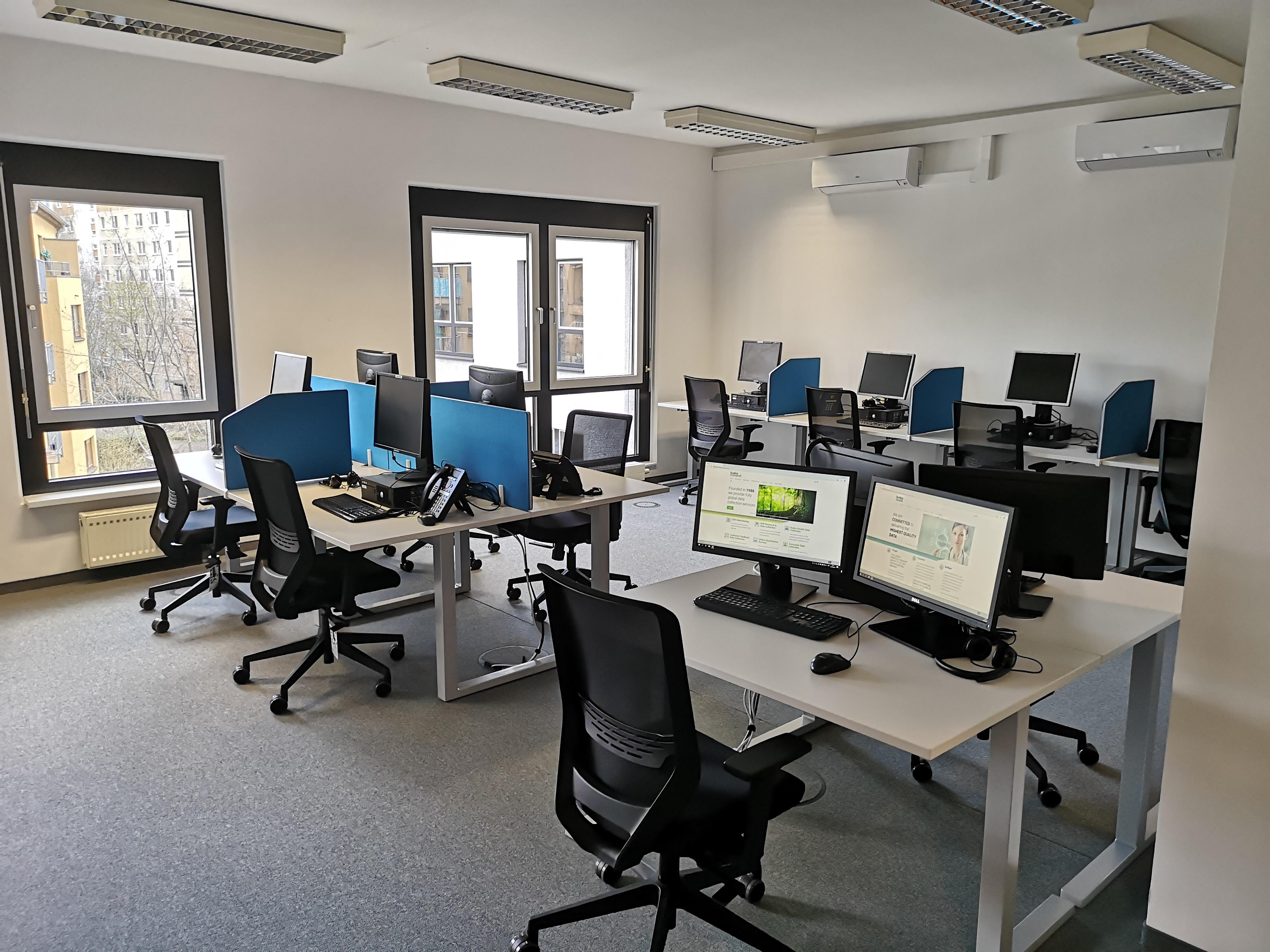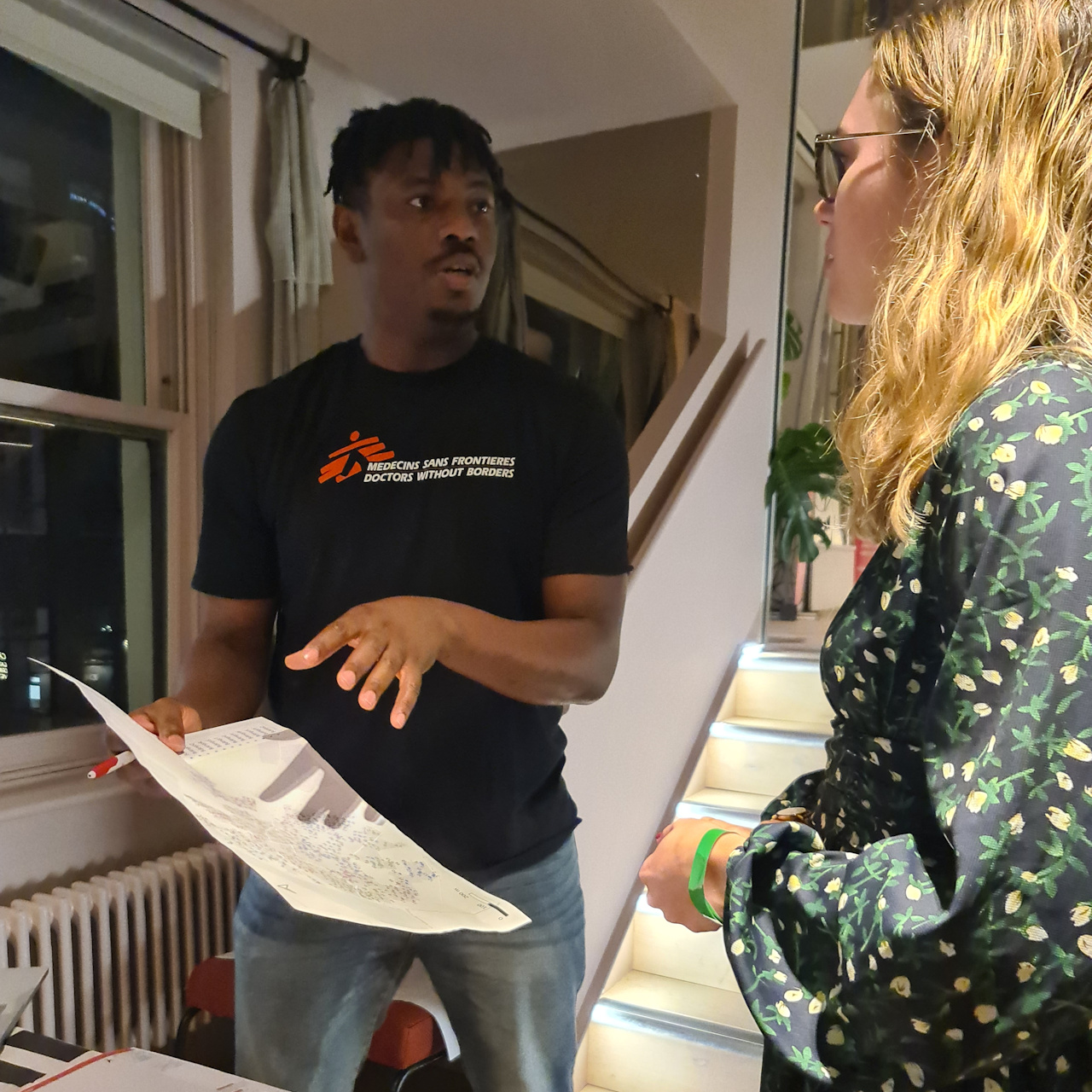The Timeless Relevance of Telephone Data Collection in Market Research
In the changing landscape of market research data collection methodologies, the traditional practice of telephone data collection continues to hold its ground demonstrating its lasting relevance amidst the emergence of online interviewing and other contemporary data gathering methods.
I have witnessed firsthand the evolving trends and technologies that shape our industry. Early on in my career we still used a DOS based survey interface for all telephone interviewing and recorded interviews using tape recorders which had to be connected to interviewers' telephones. The product we used at the time was Results for research. Over the years we moved to 100% browser-based survey platforms with integrated phone systems and recording facilities.
Things have changed very much over the years. Online has become stronger and stronger and these days most consumer data collection and a large amount of B2B surveys are conducted using panels and online surveys.
In this blog post I aim to shed light on why telephone data collection remains an indispensable tool for obtaining insights in my view.
- Human Connection and Engagement:
One of the most significant advantages of telephone data collection is the ability to establish a direct and personal connection with respondents. In a world saturated with digital interactions, the human touch offered by a phone conversation fosters a sense of trust and sincerity. Building rapport with respondents is often easier over the phone, leading to more open and candid responses. This human element can be crucial in eliciting nuanced insights that might be missed in the more impersonal online surveys.
- Diverse Reach, Representation and Hard to Reach:
Despite the widespread adoption of the internet, there are still segments of the population that may not have reliable online access or may be less comfortable participating in online surveys. Telephone data collection allows researchers to reach a broader and more diverse audience, ensuring that the sample is representative of the entire population. This inclusivity is vital for obtaining well-rounded and unbiased data, especially in studies where demographic diversity is a key consideration.
Shifting focus to B2B audience data, reliance on online panels poses challenges, given the potential inaccuracies in consumer panel profiles. The distinctive strength of telephone interviewers lies in their ability to reach out to B2B audiences directly at their workplaces. By screening participants beforehand, these skilled professionals navigate the landscape of recruiting senior and hard to reach audiences, including politicians – a feat often unattainable through online channels alone.
- Immediate Clarifications and Probing:
In the dynamic world of market research, being able to adapt and clarify questions in real-time is an asset. Telephone interviews provide interviewers and moderators with the flexibility to probe deeper into responses, seek clarifications, and adjust the survey flow based on the participant's feedback. This interactive nature ensures a higher quality of data by reducing the chances of misunderstandings and ensuring that respondents fully comprehend the questions being asked.
- Overcoming Digital Barriers:
In an era where online privacy concerns are on the rise, gaining trust for online surveys can be a challenge. Telephone data collection, on the other hand, has a long-established reputation, and participants may feel more secure sharing their opinions verbally rather than through potentially less secure online platforms. Overcoming digital barriers allows for a more open and honest exchange of information, contributing to the integrity of the collected data.
- Mitigating Sampling Bias:
Online surveys are susceptible to self-selection bias, where only certain demographic groups choose to participate. Telephone data collection provides a more controlled and randomized approach, reducing the risk of sampling bias. By reaching respondents through a variety of means, including landlines and mobile phones, researchers can achieve a more balanced representation of the target population.
- Best of both worlds
Especially in healthcare and biotech data collection, utilizing a telephone recruitment approach to online surveys is very powerful. Recruiters contact participant at their place of work, establish a personal connection, vet them, and send survey links to the right individuals. This method not only ensures better data quality than traditional online data collection but also encourages participants to complete surveys online due to the rapport built during phone interactions. Particularly effective in fields reliant on visuals and complex tables, this approach offers a tailored and flexible strategy incorporating both phone and online data collection methods.
In conclusion, while online interviewing and other digital methodologies have undoubtedly become integral components of market research, telephone data collection continues to play a crucial role in ensuring the depth, breadth, and authenticity of the insights gathered. Embracing a diversified approach that leverages the strengths of various methodologies will undoubtedly lead to more robust and reliable research outcomes in our ever-evolving industry.
Please contact
















